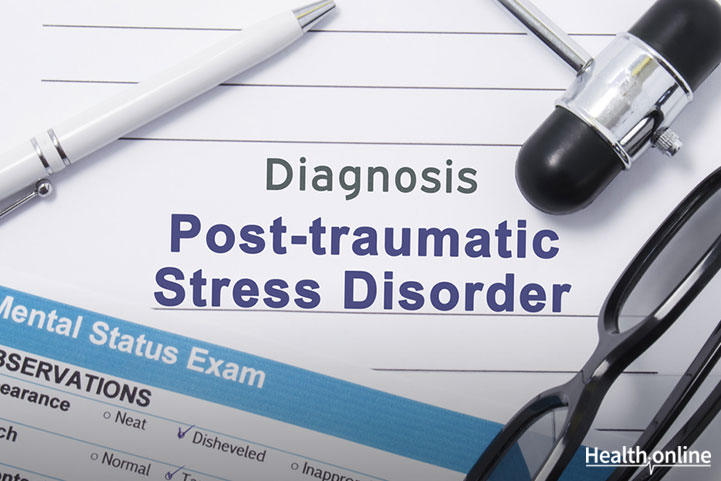
Post-traumatic Stress Disorder
Posttraumatic stress disorder or PTSD develops after experiencing a traumatic life event such as a near death experience, sexual/physical assault, or even witnessing a violent act.
What are the symptoms of posttraumatic stress disorder?
PTSD is characterized by the development of four symptoms following about a month after the traumatic event:
- Reliving the event or experiencing related intrusive thoughts
- Avoiding people, places, and objects that remind the individual of the trauma
- An increase in negative feelings, thoughts, and moods associated with the event
- Chronic hyper-arousal
Other symptoms may include:
- Nightmares
- Flashbacks
- Feeling unable to connect with loved ones
- Depression
- Feelings of guilt for the traumatic event
- Irritability
- Angry outbursts
- Hypervigilance
- Headaches
- Disrupted sleep
What causes posttraumatic stress disorder?
While most people experience traumatic events in their lifetime, only 8% of men and 20% of women may develop PTSD. It is not understood why some people experience PTSD and not others. Genetic factors are thought to contribute as well as environmental and biological factors. Some believe that the hippocampus, which is responsible for making memories and dealing with stress, may be different in people with PTSD.
Who is more likely to be affected?
The biggest risk factors are the severity of the traumatic event and its duration. Risk factors for PTSD include:
- A history of abuse (sexual or physical)
- Working a high-risk job such as a policeman, firefighter or military service member
- Abuse of drugs and/or alcohol
- Not having adequate social support
- Surviving unexpected near-death events
- Depression
- Surviving a natural disaster
When does posttraumatic stress disorder develop?
The response to a traumatic event varies greatly between individuals. Some individuals may never experience PTSD. Some may experience it immediately after the event. Others may not develop symptoms until years later. Most patients experience PTSD three to six months after the event.
What other conditions commonly occur with posttraumatic stress disorder?
There are several comorbid conditions related to PTSD. Typically these conditions can make treatment of PTSD more difficult. These include substance abuse, mood disorders, anxiety disorders and suicidal thoughts. Physical injuries related to the traumatic stressor can also inhibit PTSD treatment.
How long does posttraumatic stress disorder last?
It is not clear how long PTSD symptoms last, some people experience them for their entire lives. Several factors contribute to how long these symptoms are felt, including whether it is diagnosed, when it is treated and whether it is treated.
What treatments are available for posttraumatic stress disorder?
There are several mechanisms for the management and treatment of PTSD . The most commonly used treatment is CBT or Cognitive Behavior Therapy. Specifically, trauma-focused psychotherapy and medication are used in the treatment. These treatments are usually given in combination with treatments for comorbid conditions.
Trauma-focused therapy involves discussing the event, exposure to anxiety-provoking situations, cognitive restructuring, and relaxation techniques. Other non-pharmacological treatments include imagery rehearsal, brief psychodynamic therapy, and hypnosis. Family members of those suffering from PTSD are also encouraged to see a family therapist.
There are many medications available to treat PTSD. The most commonly prescribed ones are SSRI and SNRI antidepressants such as Citalopram, Desvenlafaxine, and Duloxetine. Other medication may be taken if these antidepressants alone are not sufficient.
Supplemental medications that may be used are alpha-adrenergic blockers, beta blockers, and benzodiazepines. Antihistamines and mood stabilizers may also be effective.




